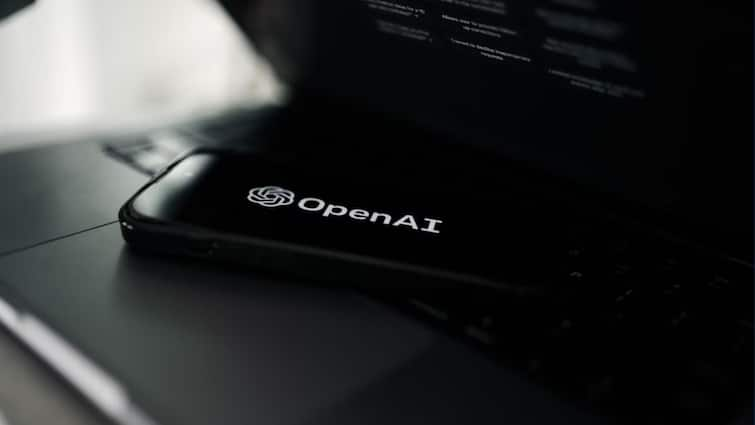ChatGPT has received a big update that focuses on mental health and emotional well-being. OpenAI, the company behind ChatGPT, says it wants the AI to be more understanding and helpful for people who might be going through difficult times. With help from mental health experts and doctors, the new version can now recognise when someone is sad, anxious, or in distress.
It can respond calmly, encourage self-care, and guide users toward professional help if needed, making conversations safer and more supportive for everyone.
ChatGPT Mental Health Features Aim To Help People In Distress
OpenAI trained the latest version of ChatGPT (GPT-5) to handle sensitive topics like depression, self-harm, and emotional breakdowns with extra care.
The AI now avoids giving risky or confusing replies and instead focuses on empathy and guidance. It gently reminds users to take breaks, talk to family or friends, and reach out to mental health professionals when needed.
This upgrade was made after working closely with psychiatrists and psychologists who helped ChatGPT learn how to identify warning signs such as hopelessness, panic, or suicidal thoughts.
OpenAI reports that unsafe replies related to mental health have dropped by nearly 70% since the new model launched.
It also performs much better in recognising serious issues like mania or psychosis and responding safely.
OpenAI Works With Experts To Make ChatGPT Emotionally Safer
To make ChatGPT emotionally smarter, OpenAI worked with more than 170 mental health specialists from 60 countries.
These experts reviewed over 1,800 ChatGPT responses and found that the new model is much more reliable and sensitive.
ChatGPT is now better at spotting signs of emotional dependence, when users become too attached to the AI and encourages them to reconnect with real people.
OpenAI says its goal isn’t to replace human therapists but to make ChatGPT a safe space for users to talk, reflect, and find the right kind of support when they need it most.



